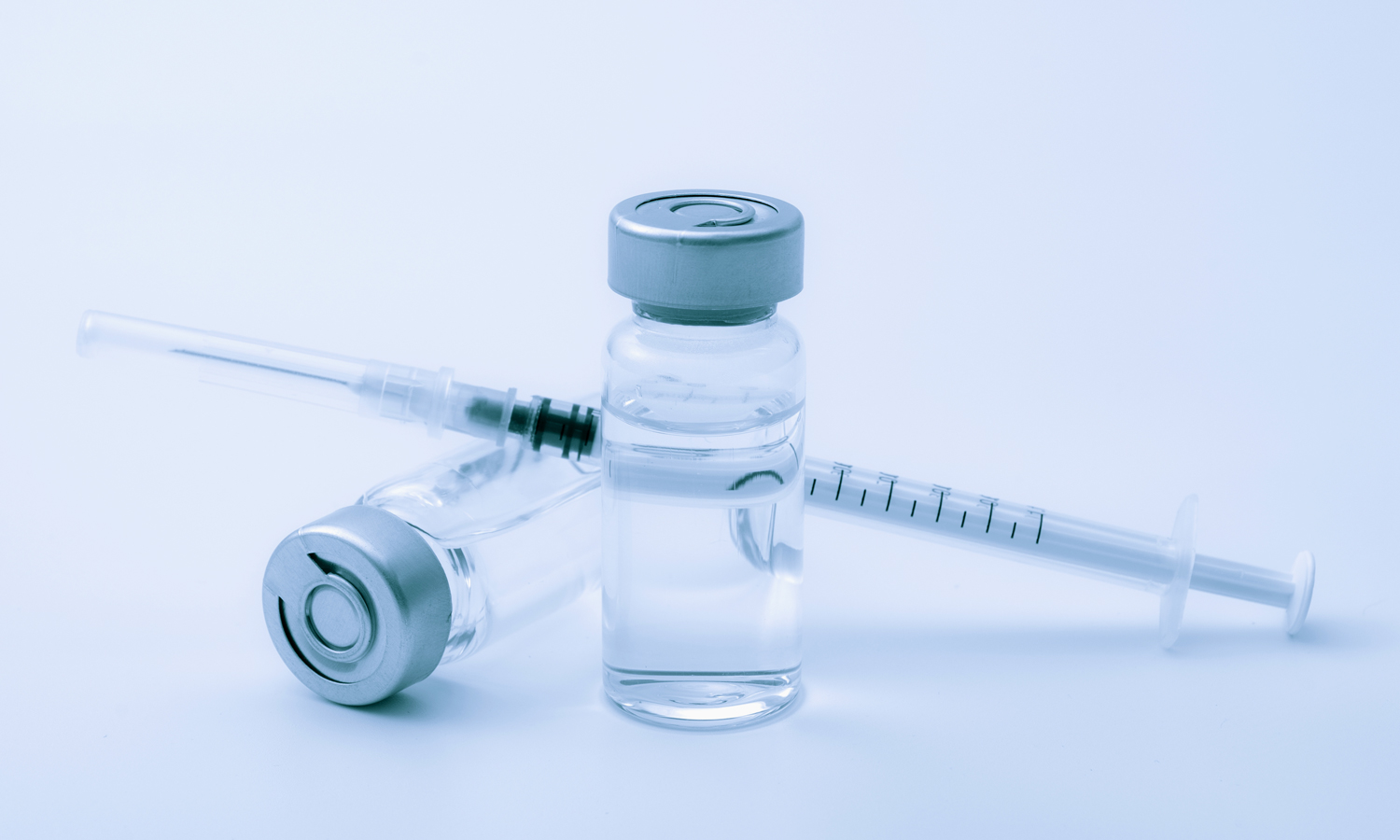

The UK government’s warning that the new strain of the COVID-19 can be equally or more deadly is a reason for concern, with many countries in Europe struggling to come out of lockdowns. Mass vaccination seems to be the only way out.
While Oman has been reporting a relatively low level of new cases, the matter of concern is that some of the neighbouring countries are seeing a rise in the numbers.
UAE reported over 3,500 cases, Iran over 6,000, and Kuwait over 500 cases on Sunday. This could be the reason that the Oman government was forced to close the land borders last week while UAE had to suspend entertainment activities.
With the vaccination process gaining stream, there is hope that the new strain will be tamed faster than the original one.
According to a WHO director on immunisation, “Viruses change all the time, but there are no reasons to believe that the new variants will impact the efficiency of the vaccines. Until we get more information on vaccines, what is needed is the vaccination must be stepped up to cover all vulnerable segments of the population.”
Over 24,000 people have taken vaccines in Oman in the first phase, while over 4,000 has been vaccinated for the second dose, according to the Ministry of Health.
Oman has not made the vaccination mandatory but has been still encouraging people in targeted groups to get vaccinated as soon as possible.
The IATA and airlines have been working on a Travel Pass, which will be allowing travellers to store and manage certifications for COVID-19 tests or vaccines. “This will help the seamless flow of passengers from one country to the other and revive the travel and tourism sector.”
On the positive side, COVAX, the global initiative to ensure rapid and equitable access to COVID-19 vaccines, has signed an advance purchase agreement with Pfizer for up to 40 million doses of the Pfizer-BioNTech vaccine candidate, which has already received WHO emergency use listing. Rollout will commence with the successful negotiation and execution of supply agreements.
In further support of its mission to expedite early availability of vaccines to lower-income countries and help bring a rapid end to the acute stage of the pandemic, COVAX also confirmed that it will exercise an option with India’s Serum Institute to receive its first 100 million doses of the AstraZeneca/Oxford University-developed vaccine. According to reports, the emergence of several, more infectious strains of the novel coronavirus have worried governments and scientists, who are investigating how and why the virus became more transmissible.
It was not unexpected for the new variants to appear after a year of COVID-19 as levels of global immunity increase through vaccinations and natural infection.
In South Africa and Brazil there was already quite a high level of antibody response from people who had been infected and recovered from the virus. Experts expressed doubt that immunity levels directly influenced the current mutations.
While the COVID-19 virus typically infects individuals for around 10 days before being neutralised by the body, some studies have shown that certain patients may carry it for several weeks or longer — maximising the window for mutations.
Oman Observer is now on the WhatsApp channel. Click here



